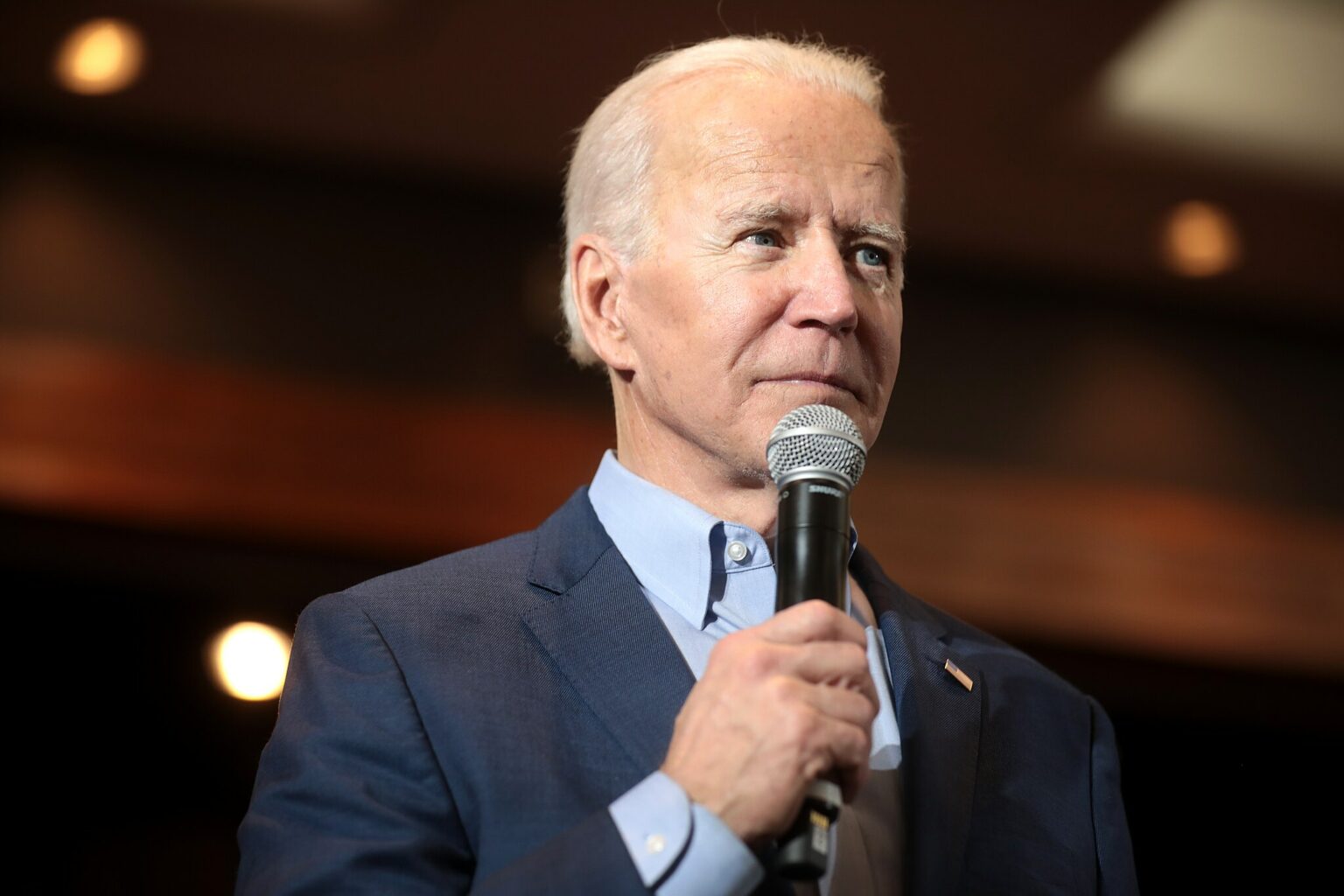Trump’s New Plan Confuses Many
Border groups typically aligned with former President Donald Trump are expressing skepticism over his recent proposal to grant green cards “automatically” to foreign students attending U.S. universities and junior colleges.
Various nonprofit and advocacy organizations, known for advocating stringent immigration policies, have urged the presumptive Republican presidential nominee to reconsider his stance following an interview where he pledged to issue an unlimited number of permanent residency cards and work permits to graduates of American educational institutions.
During an episode of the All-In podcast hosted by Silicon Valley investors, Jason Calacanis pressed Trump on enhancing America’s ability to attract global talent. Trump responded affirmatively, suggesting that graduates should receive a green card as part of their diploma, extending this policy even to those graduating from junior colleges.
This proposal marks a notable departure from Trump’s administration, which prioritized job opportunities for U.S. citizens and aimed to curb immigration. Consequently, immigration restrictionists have expressed alarm, arguing that such a policy would disadvantage American citizens in the job market. Trump’s campaign attempted to clarify that exclusions would apply to certain groups like “public charges” and individuals deemed to be “America haters.”
The Project for Immigration Reform, associated with the conservative Institute for Sound Public Policy, cautioned that Trump’s plan could lead to an unprecedented increase in green card issuance. They highlighted Trump’s statement about attaching green cards to “any” college diploma as particularly concerning.
NumbersUSA, an organization advocating for reduced immigration, criticized the proposal, likening it to putting the immigration system “on steroids.” They warned of potential consequences such as turning educational institutions into mere pathways for obtaining visas rather than centers for academic achievement.
Neetu Arnold, a researcher at the National Association of Scholars, raised concerns about the impact on university enrollments. She questioned whether institutions might transform into what she termed “pay-for-green card schools,” where the primary attraction for students becomes the promise of residency rather than academic quality or skill development.
In summary, while Trump’s proposal seeks to attract and retain global talent, it has stirred considerable debate among immigration policy circles. Critics fear it could fundamentally alter the role of education in the U.S., potentially compromising academic standards and the intended purpose of immigration policy.
